 AD
AD
Today is: November 22
Scroll to explore events active on this date.
LEEP INK FEATURES

August is Appropos
A toddler playing in the fountain at a park in Santa Fe, New Mexico—Photo LD Lewis. In August, we live through the Dog Days of Summer. It's hot and often humid, and those ...
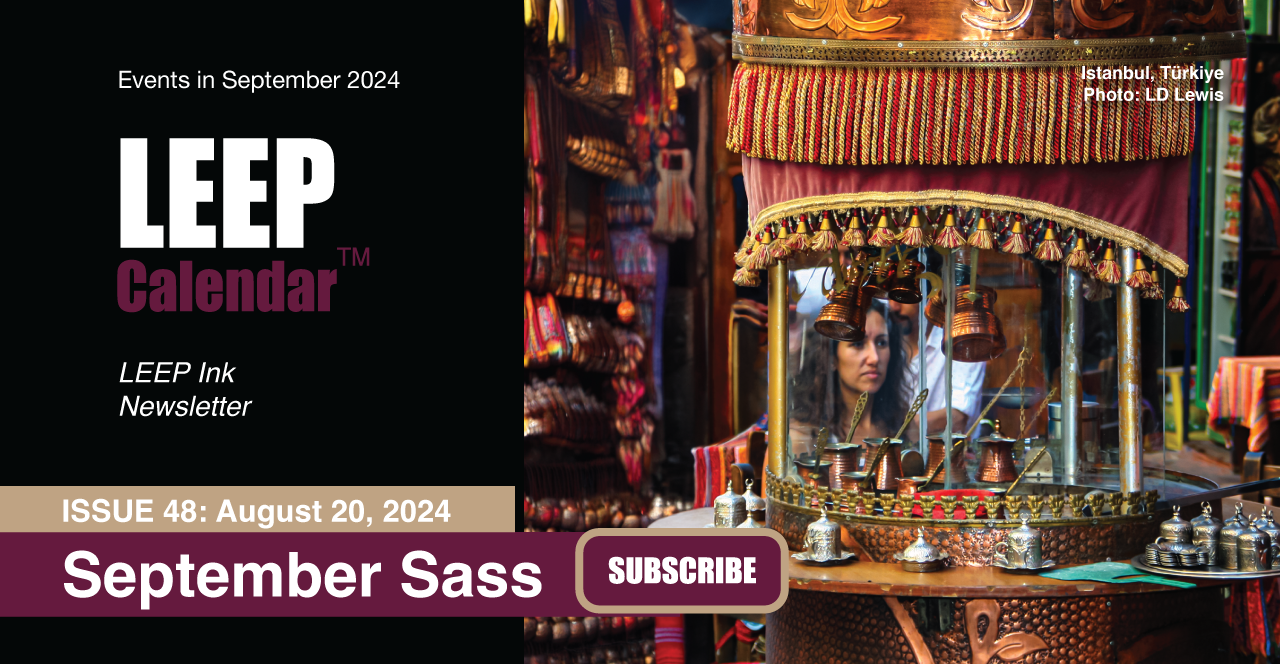
September is Sassy
Can you hear that sigh of relief from parents worldwide? Yes! September marks the return of students to school, a global phenomenon. Preparations for the ACT and SATs begin earnestly for ...

OOH LA LA, October
October is the busiest month for events, with 5% more happening than in May, the second most eventful month. Sailing enthusiasts will be glued to the finals of this year's Am...
About Button Day
Retail , United States
Ends: Nov 16, 2025
DESCRIPTION:
Button Day celebrates that indispensable addition to clothing, the button.
Buttons originated in the Indus Valley, in what we now refer to as Pakistan, around 3000-2000 BC. The first buttons, made of shell or bone, were ornamental rather than functional, and they adorned garments like beads or broaches do today. Think about the costumes of ancient Rome, Greece, Persia, and even China you see in films. Ancient civilizations used ties, buckles, belts, pins, and thread to hold garments together—no buttons in buttonholes securing garments on those period pieces. I bet you never noticed that before, but now you will!
Button me up!
When did we start using buttons to fasten our clothes? In the 11th century. German tailors began using buttons with loops and then sewn holes in the fabric (buttonholes) to secure clothing for aristocrats, a revolutionary advancement in drapery allowing for a customized fit. The new technology and the more figure-flattering styles spread throughout Europe's upper classes, leading to the first Buttonmaker's Guild opening in France in 1250 AD.
During the middle ages and into the Renaissance, buttons conveyed wealth. One could tell a person's social class by the number of buttons sewn into clothes and their quality. Most were custom-made, with each button representing a little piece of art formed of precious stones and metals. Less affluent people made buttons using molds and liquid metal or rescued them from discarded garments. Thieves and spies hollowed out buttons to smuggle gems and messages. With the inauguration of George Washington as the first president of the United States, he popularized the use of "political buttons," buttons styled to showcase a person's political party.
The standard button of today includes four holes and is flat and round, a mass-produced style beginning in the 1840s. Automation during the industrial age made the production of buttons inexpensive.
Why do men's and women's shirts have buttons on different sides?
That goes back to the aristocracy. Since buttons were used by the wealthy, and the wealthy had servants and staff, women's buttons face left, so they were easier for the maid or another person to undo or do. Men generally self-dressed, so their buttons are right-facing, making them easier to close and open without assistance.
VIDEOS
Currently, this event does not have supporting videos.
SUPPORTING DOCUMENTS
Currently, this event does not have supporting documents.
ADDITIONAL IMAGES
Currently, this event does not have supporting images.
Where would you like to go now?
 AD
AD









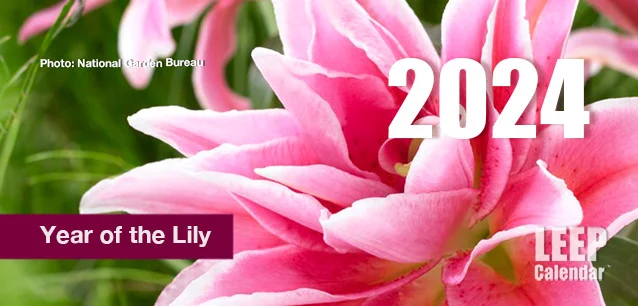





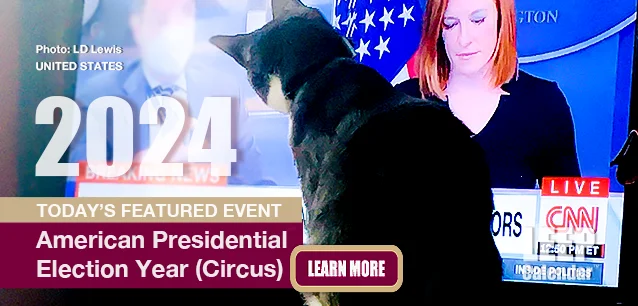




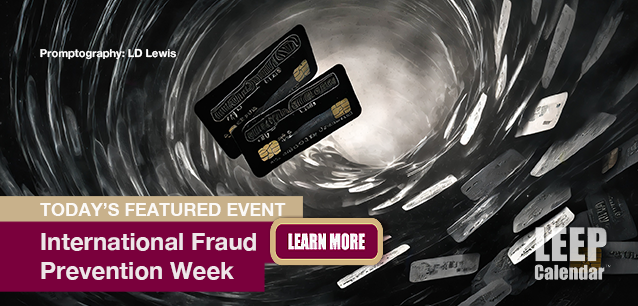


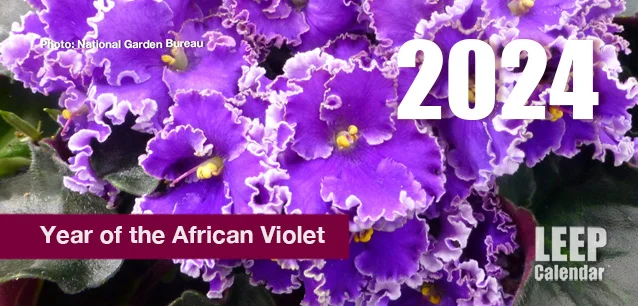


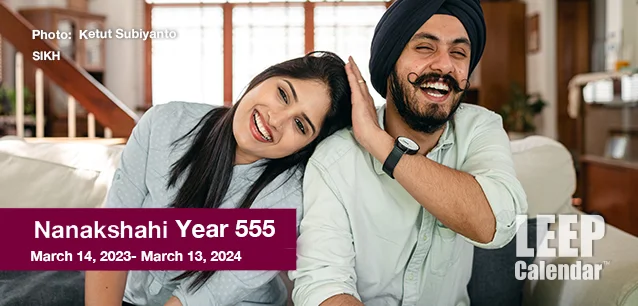







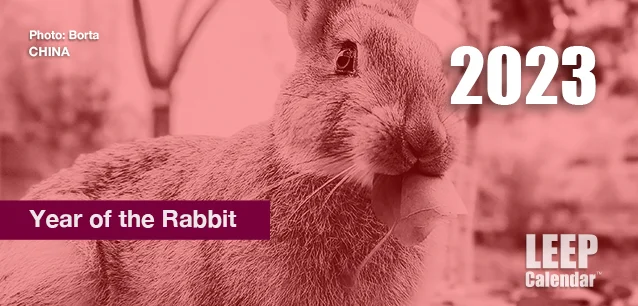


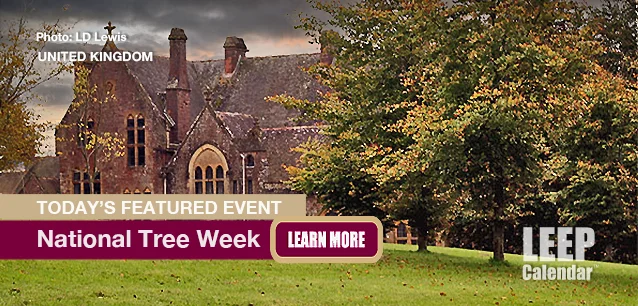





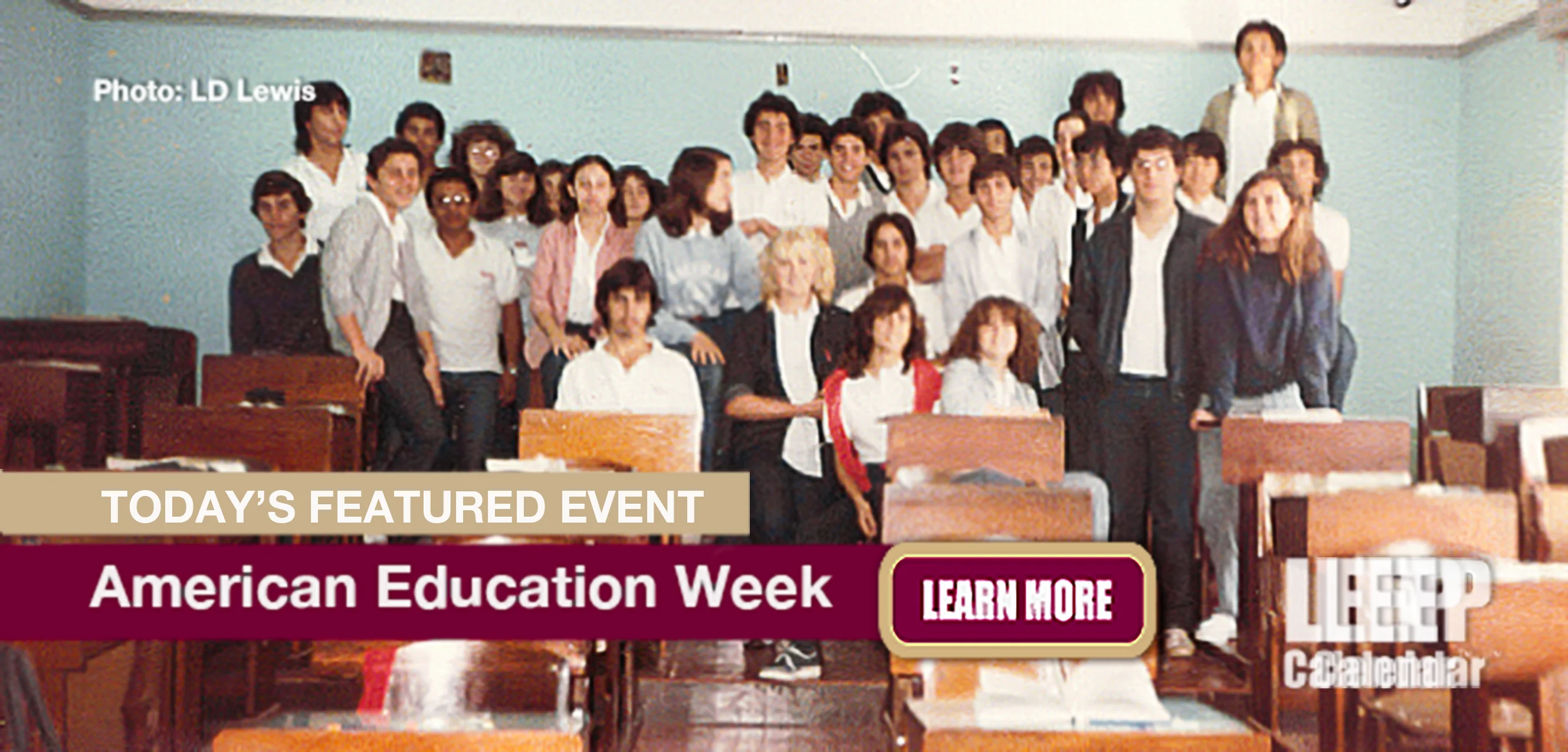





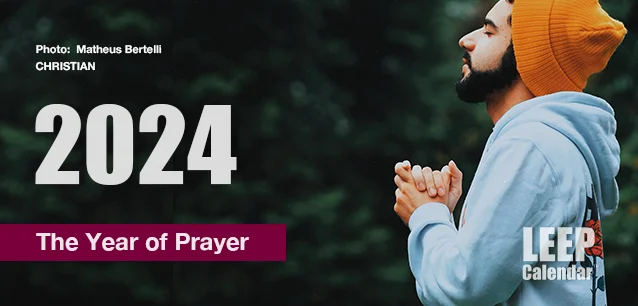
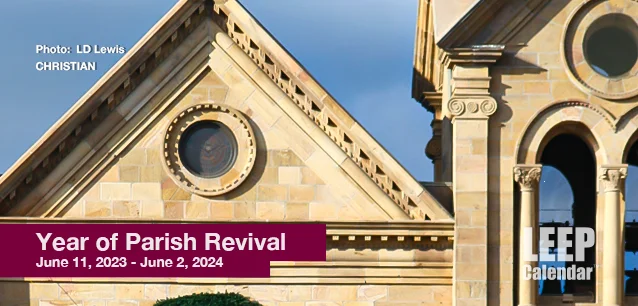

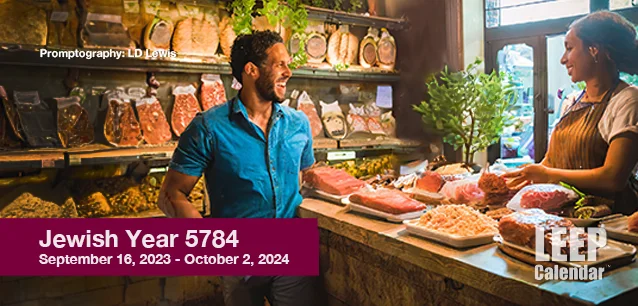




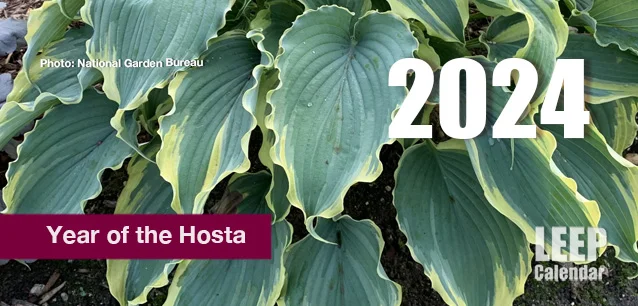



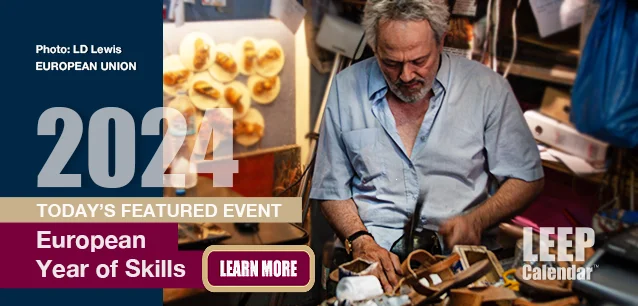



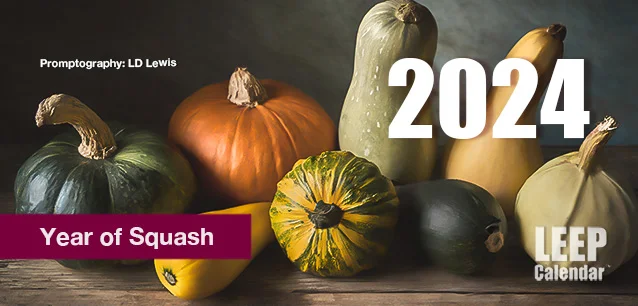
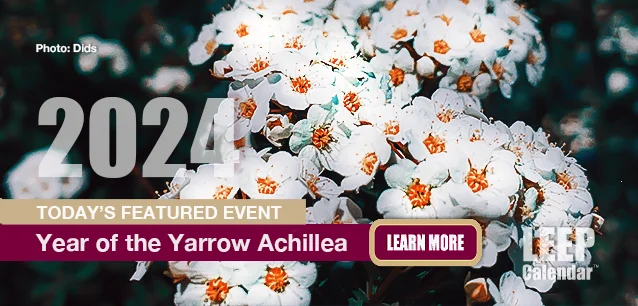



/footer-logo.svg)
